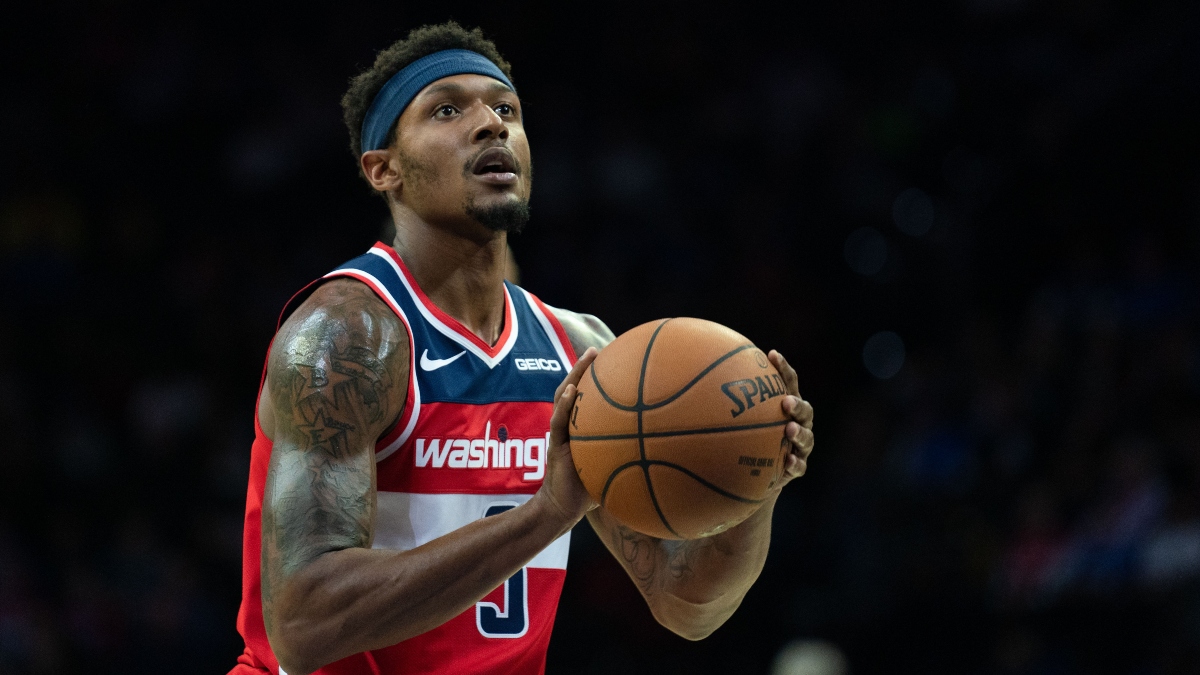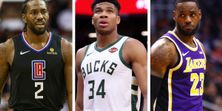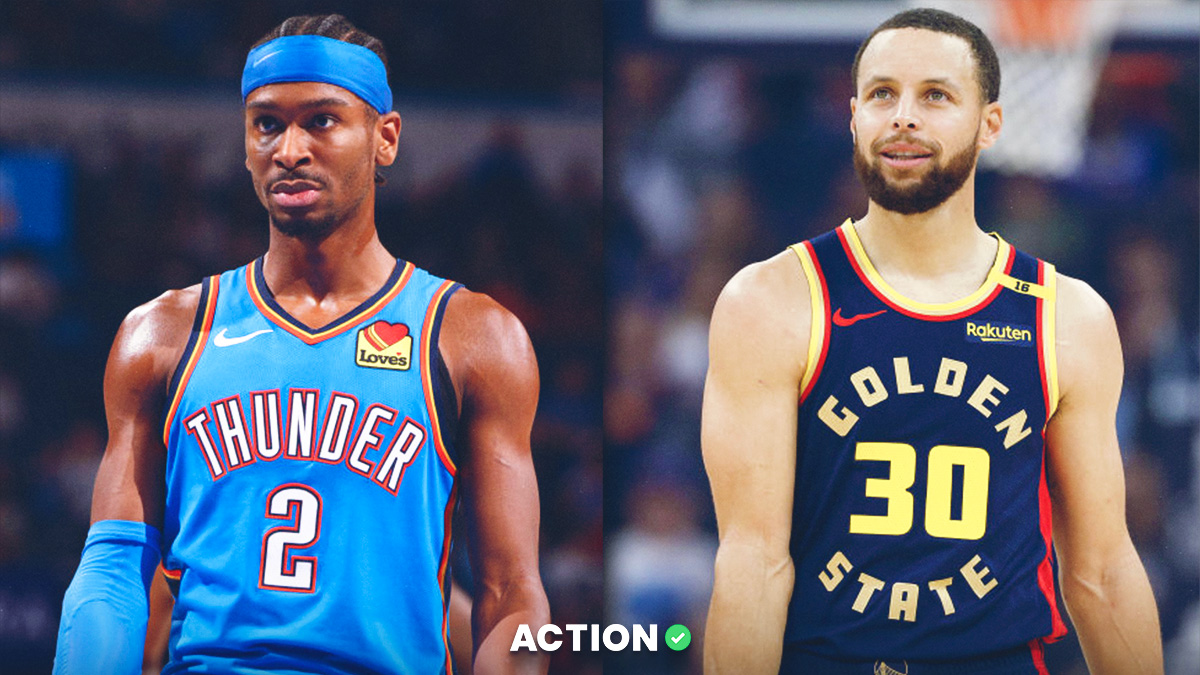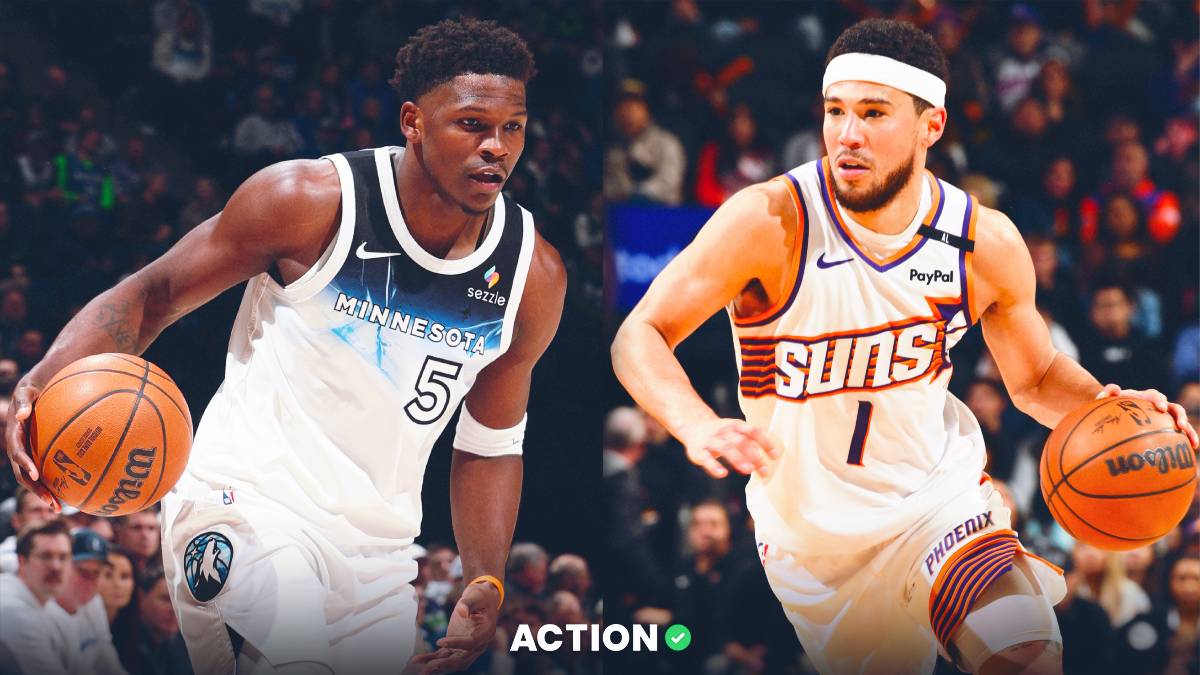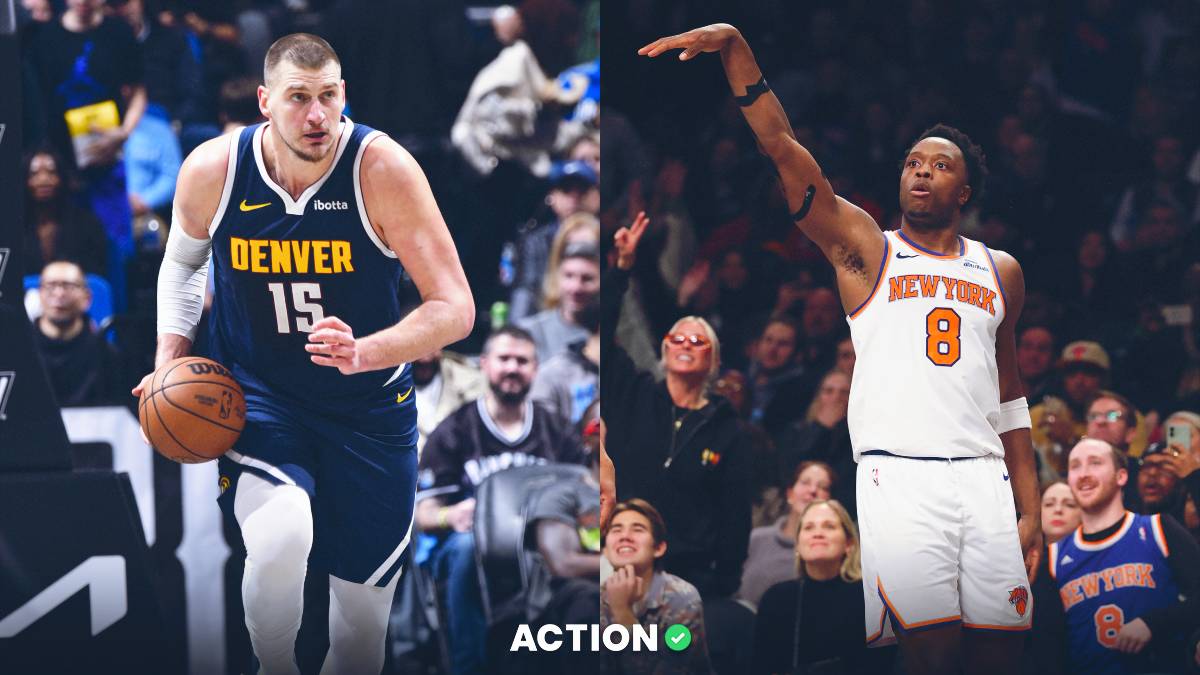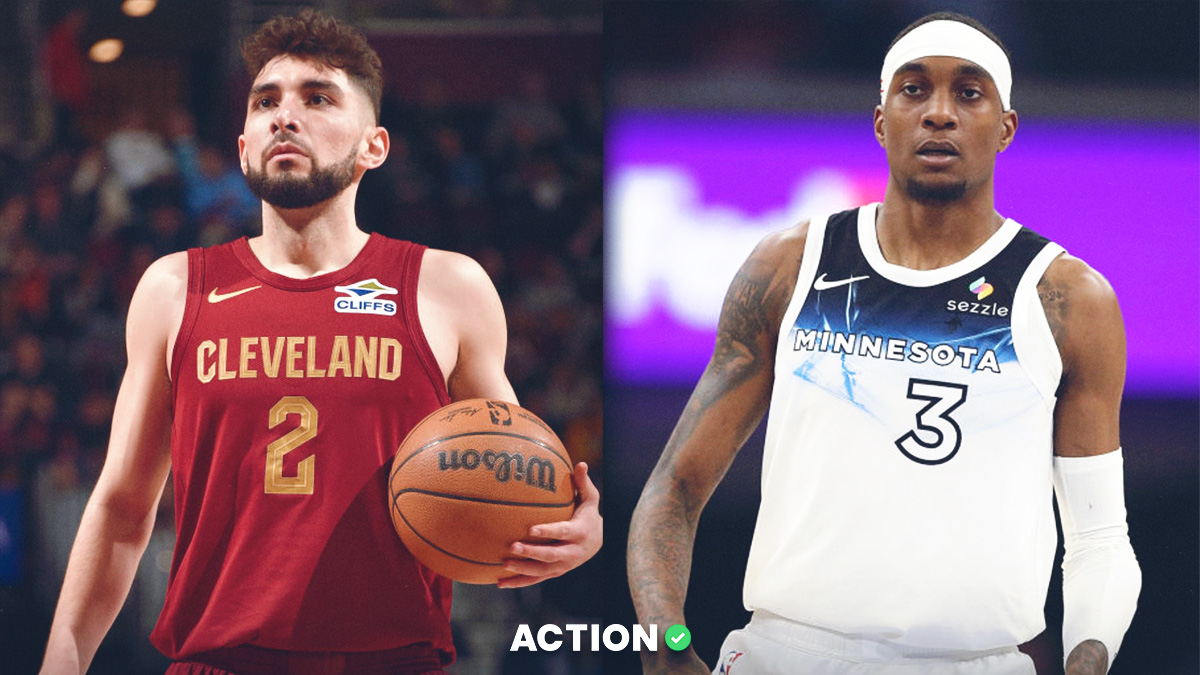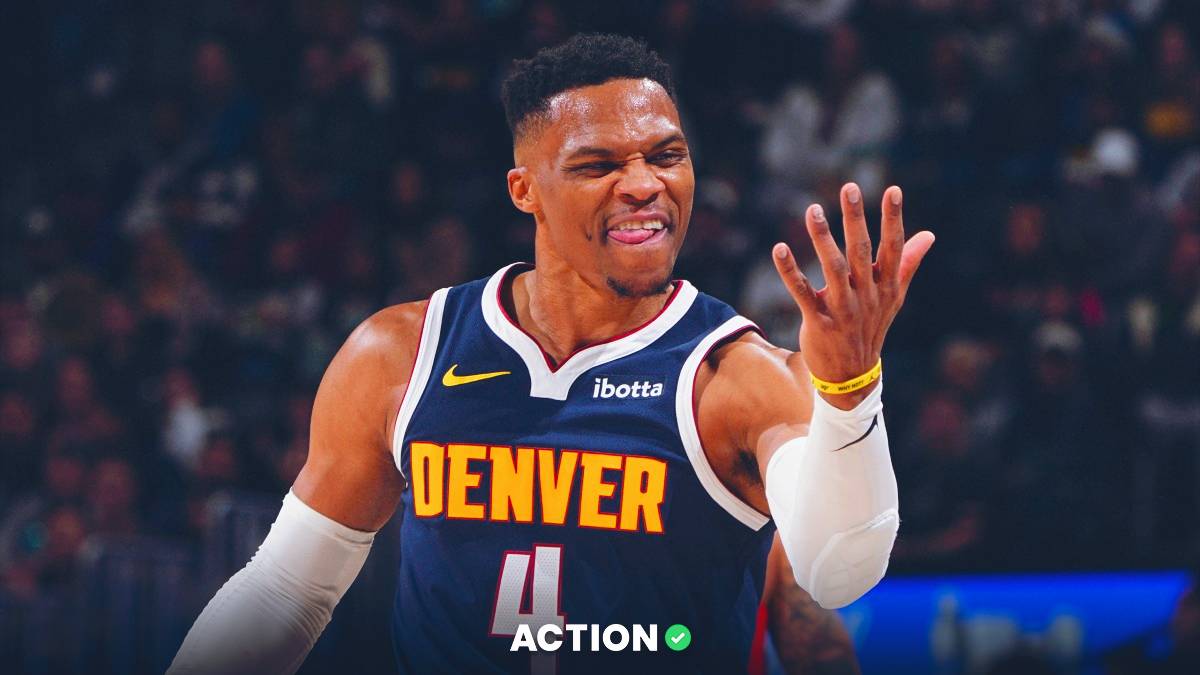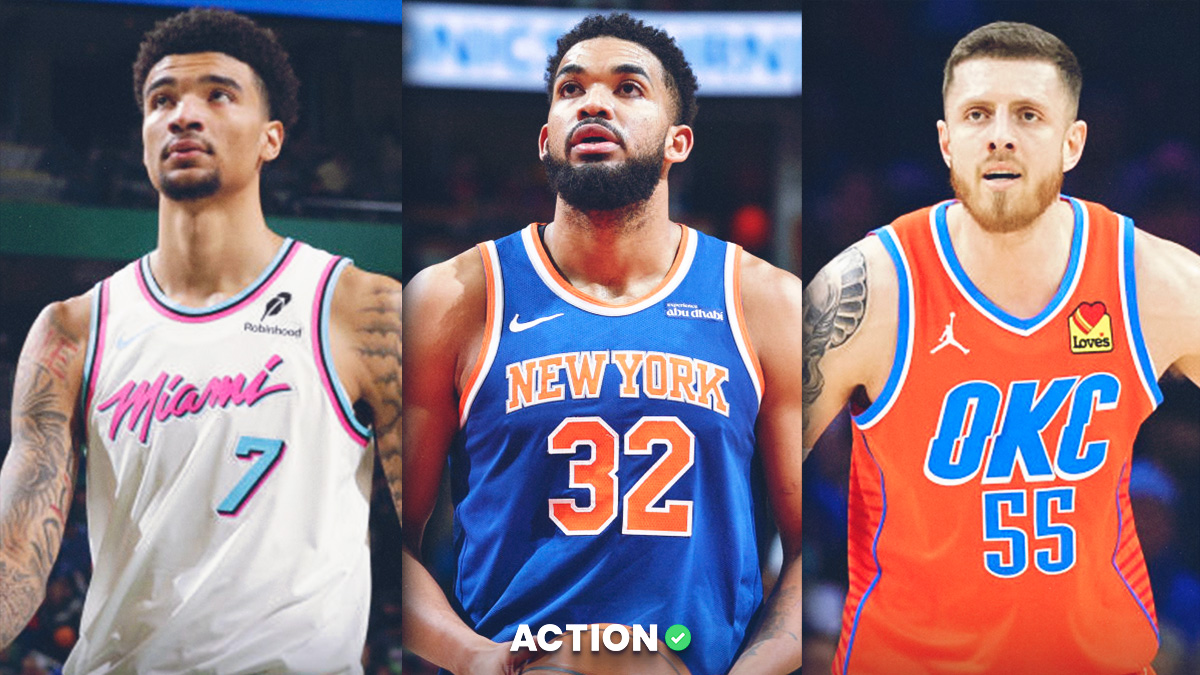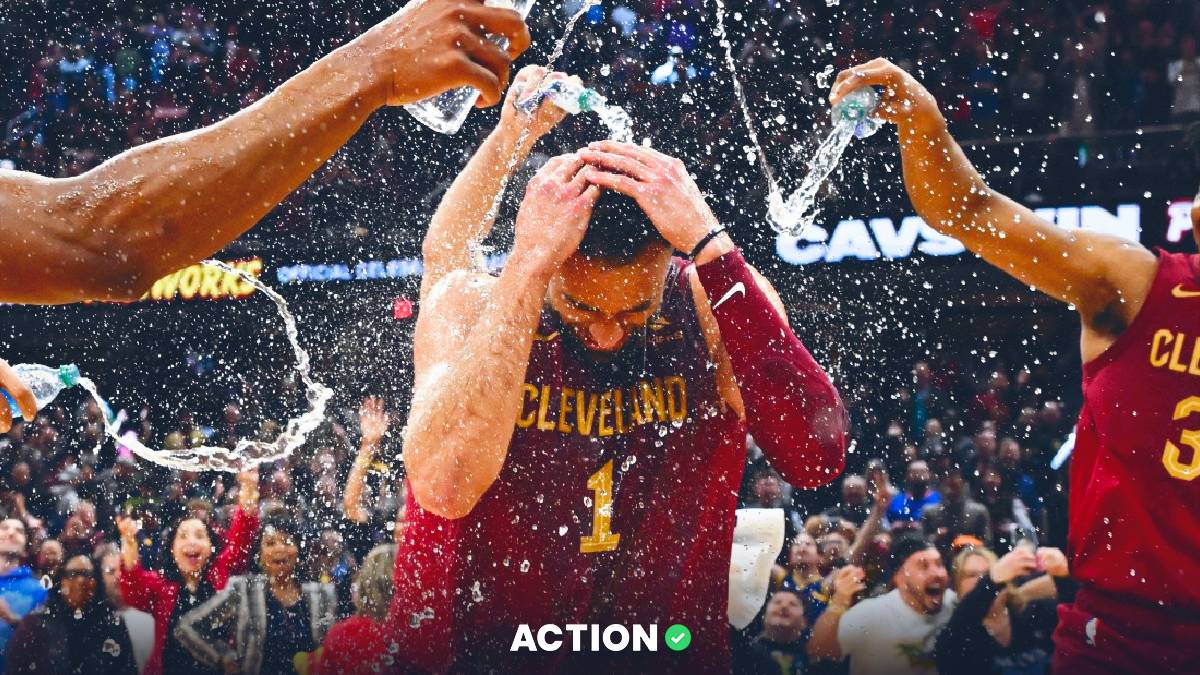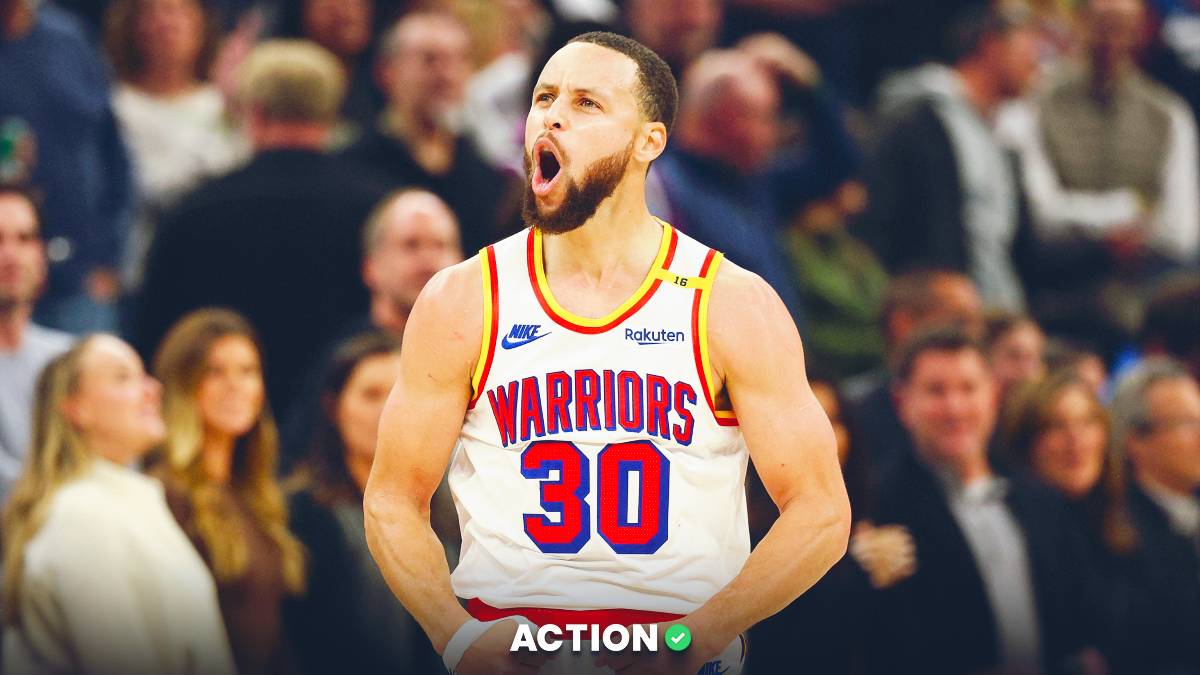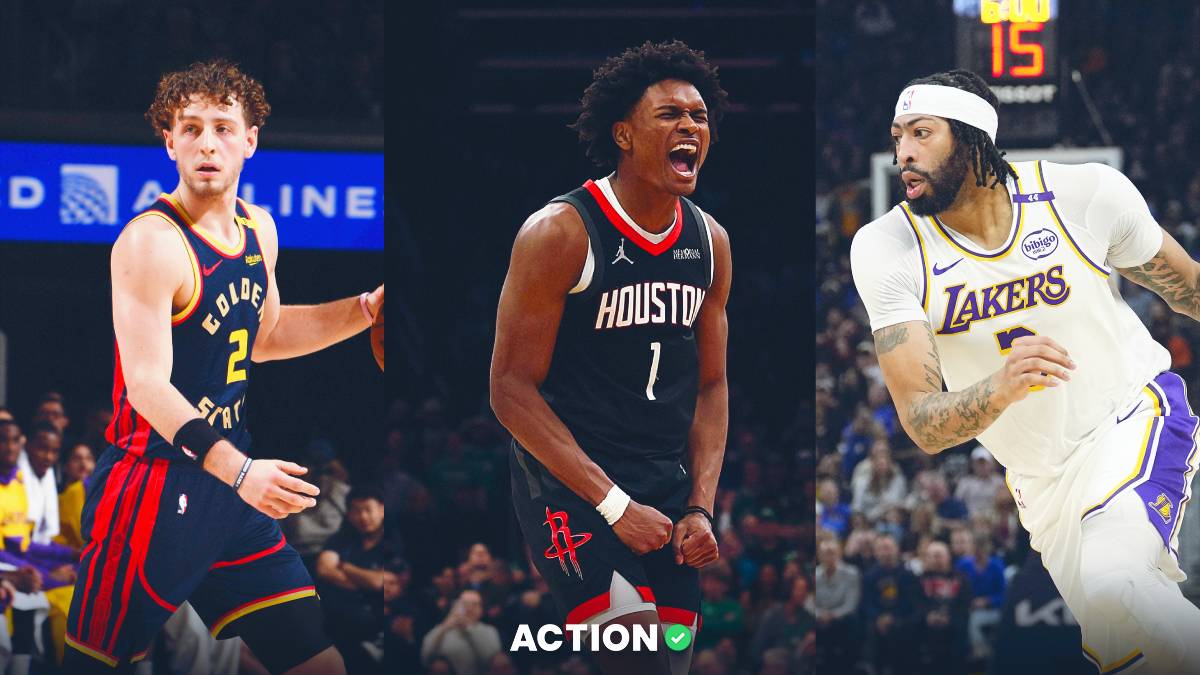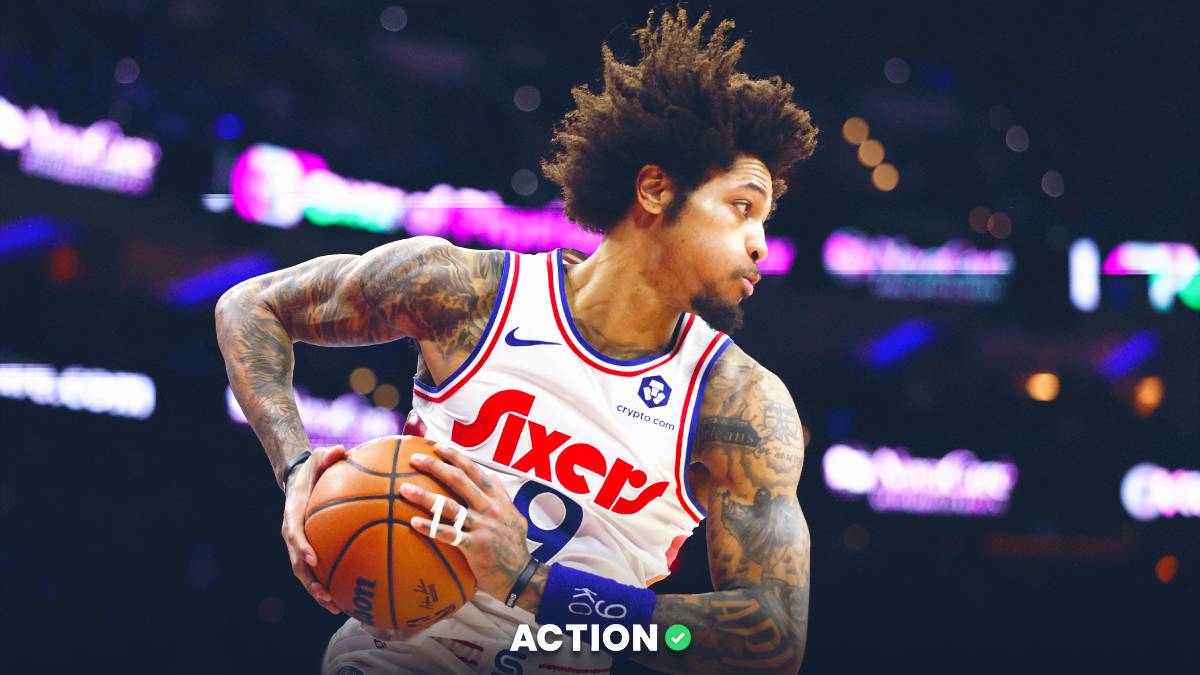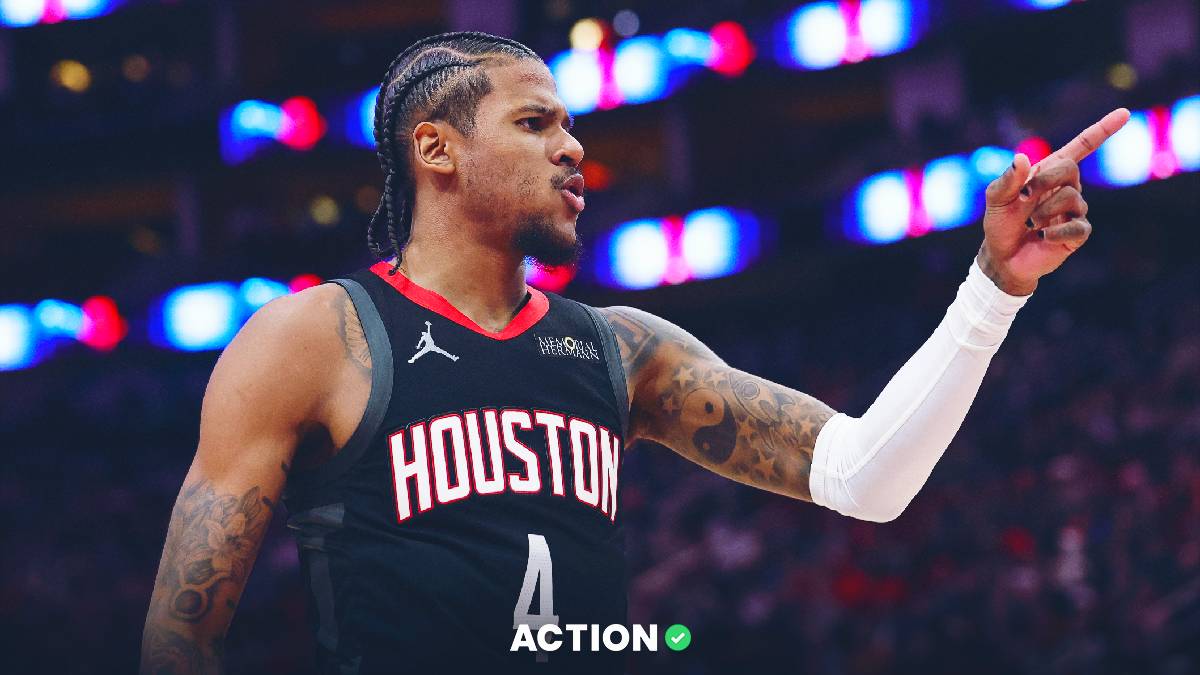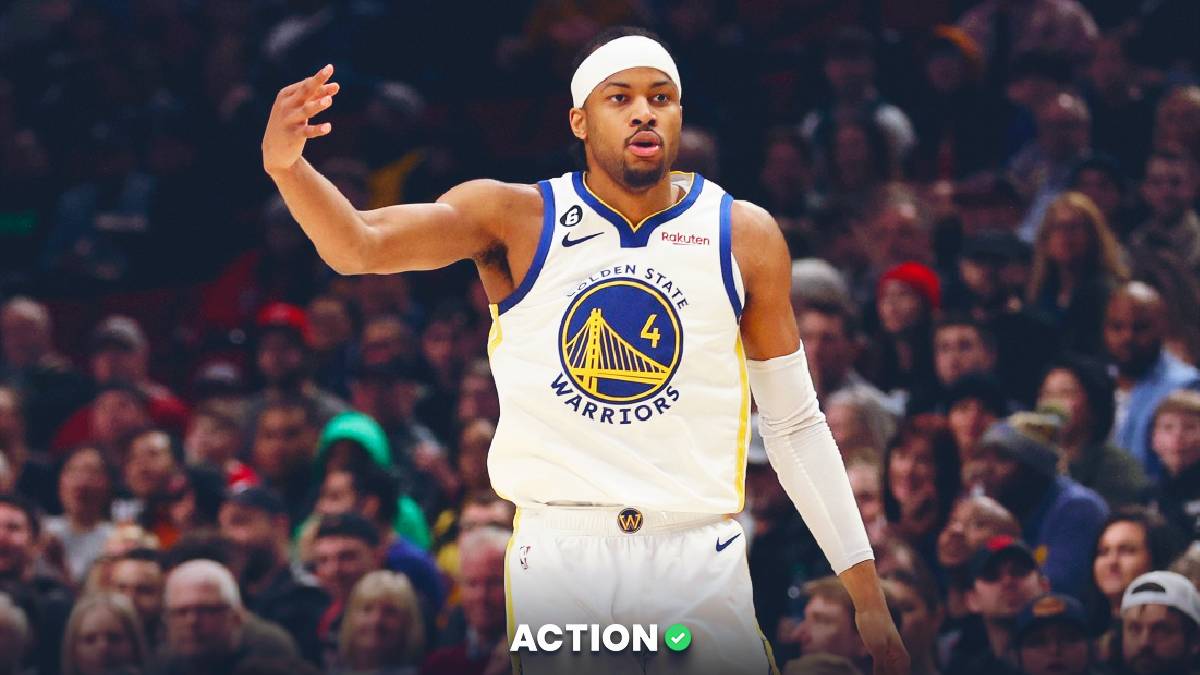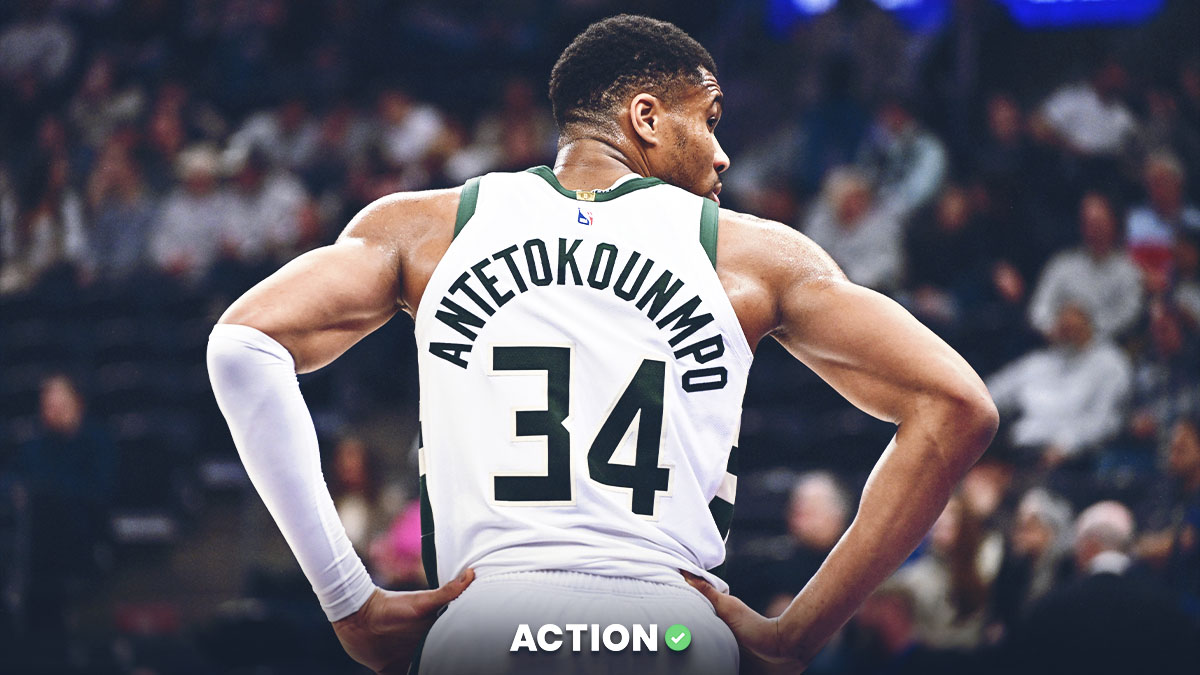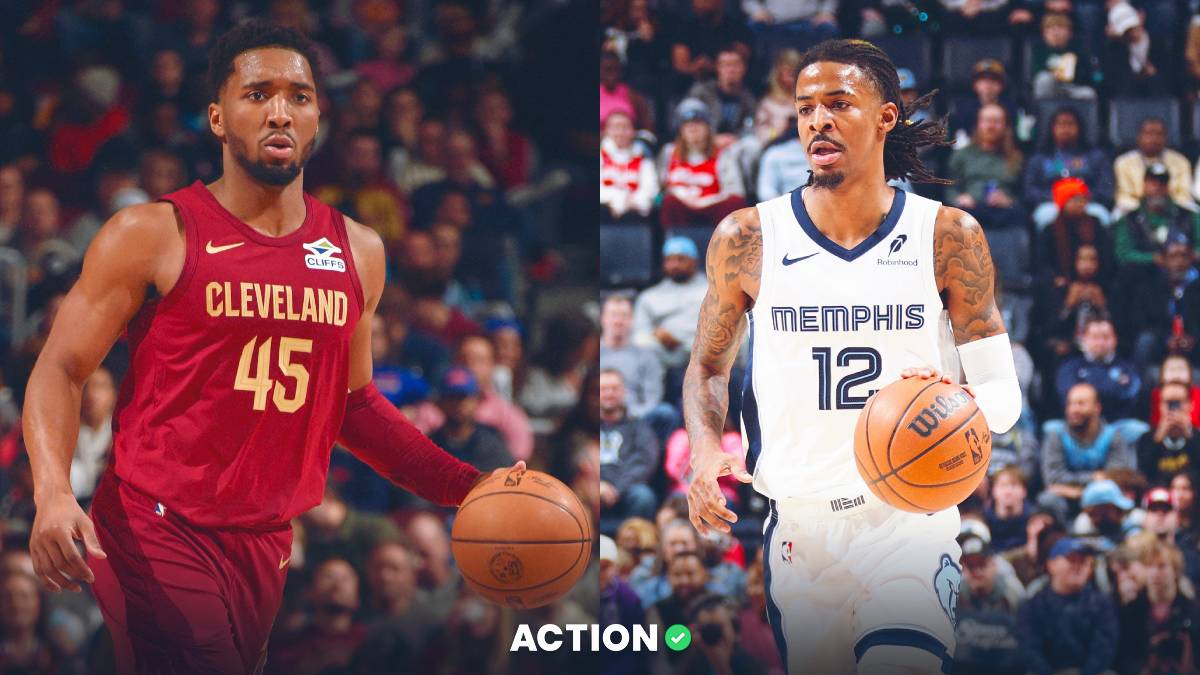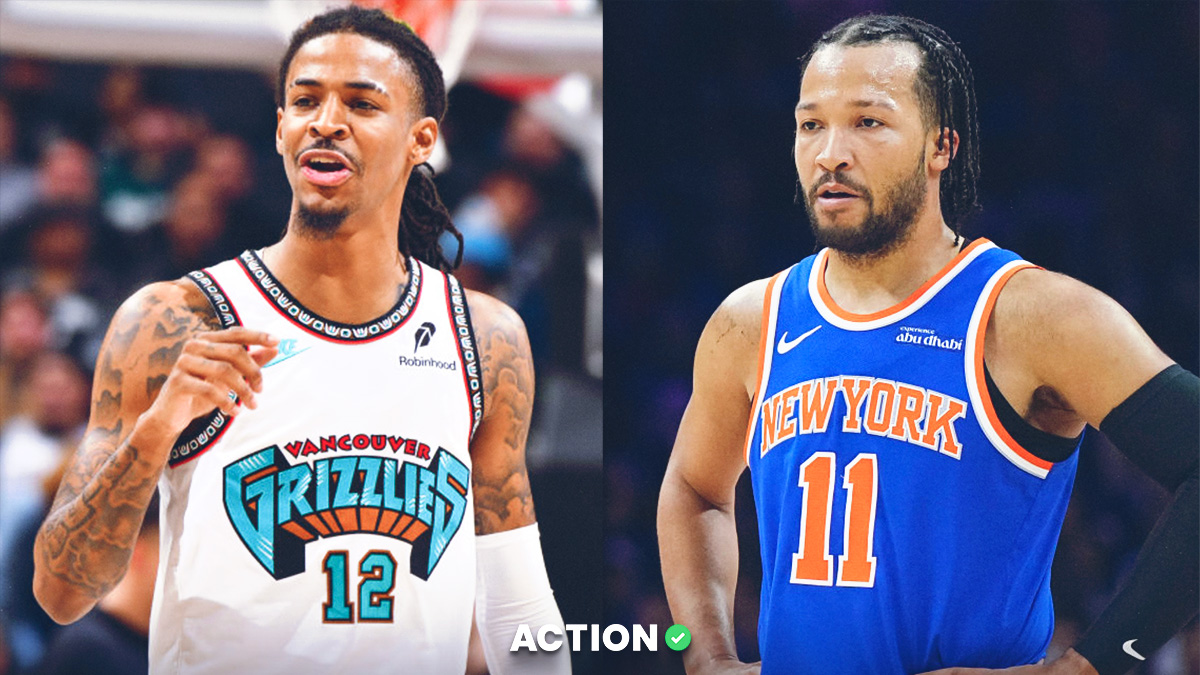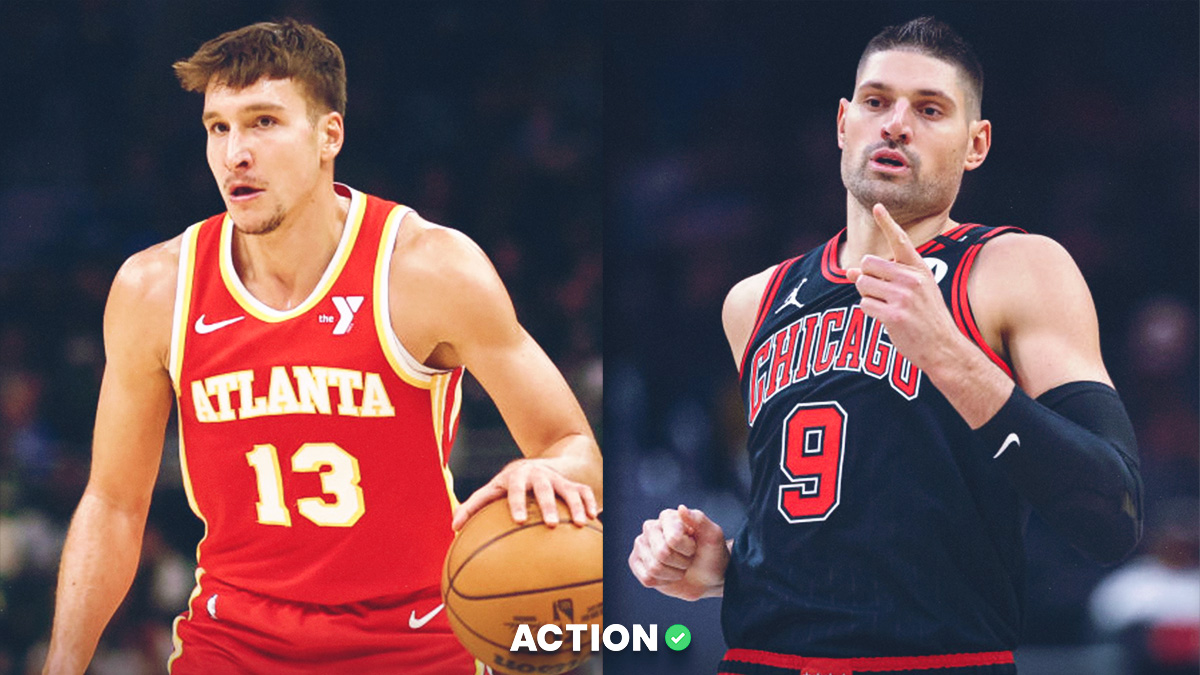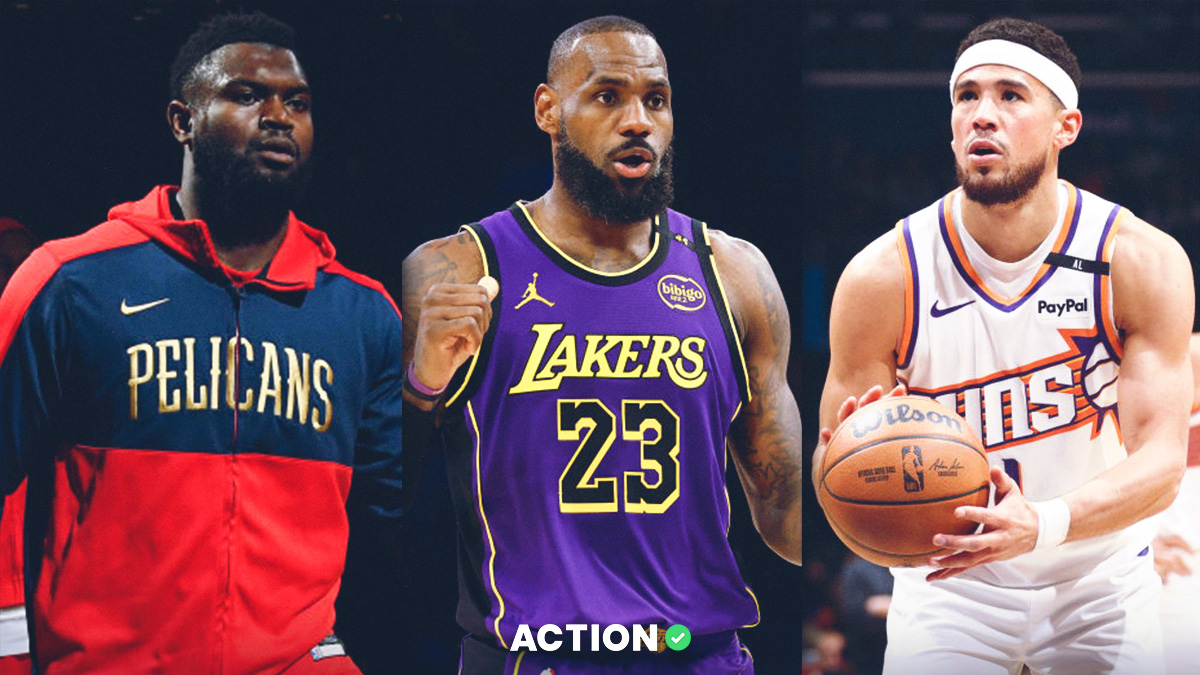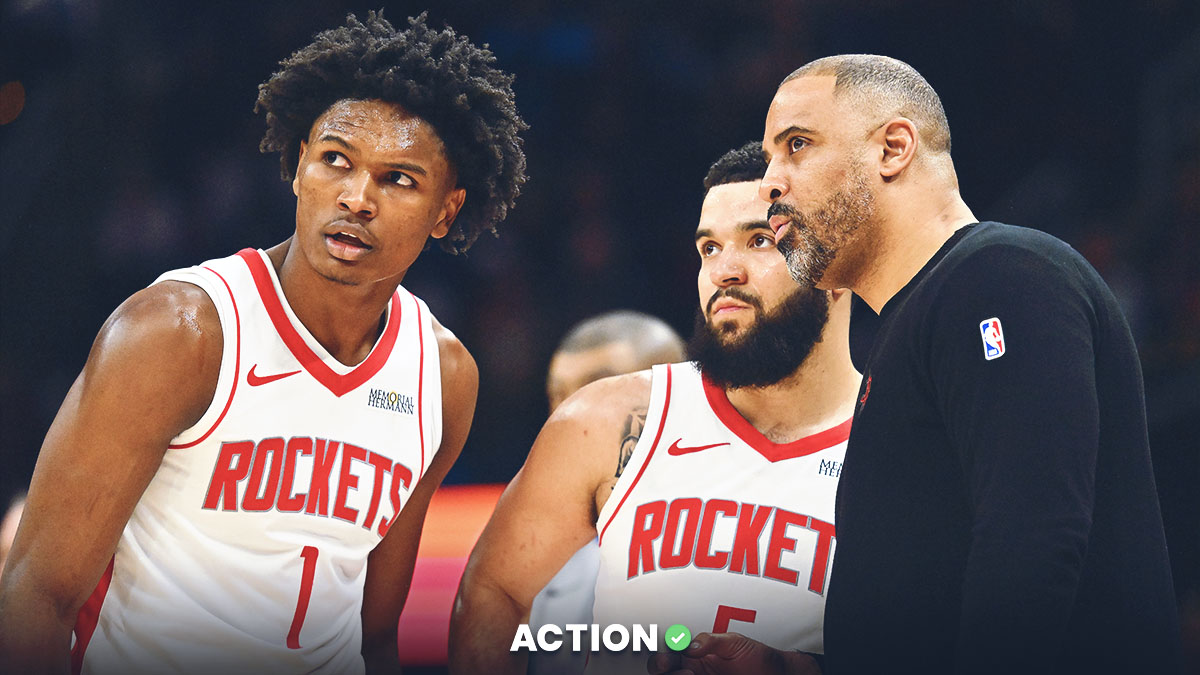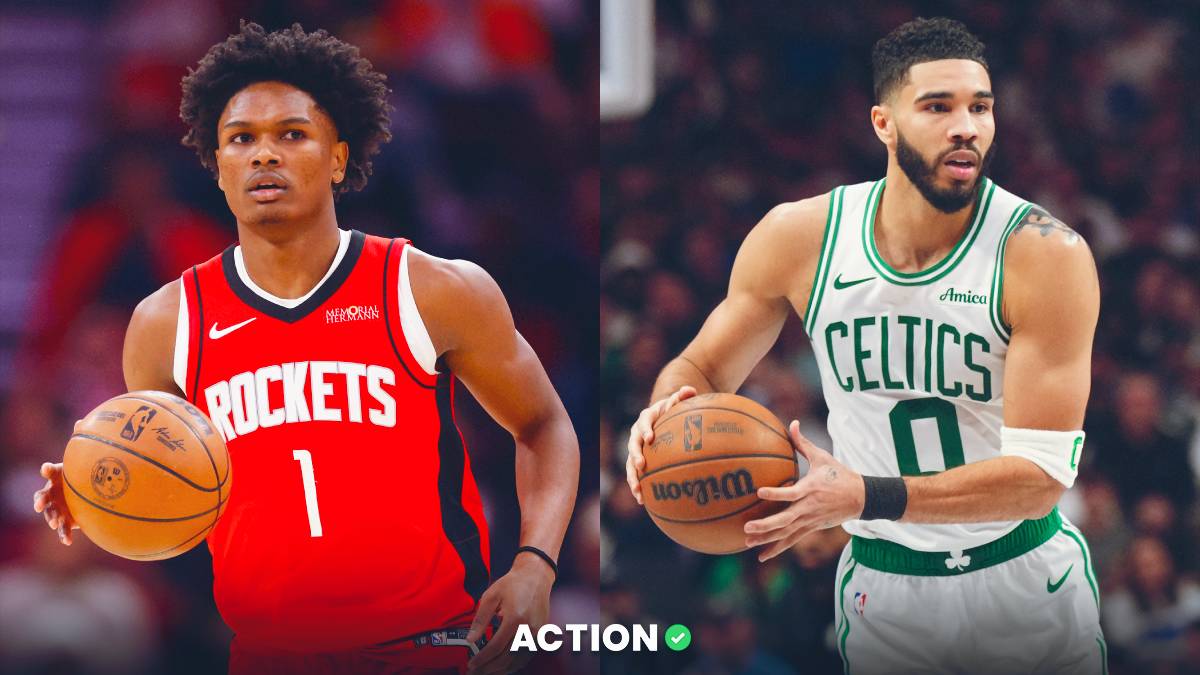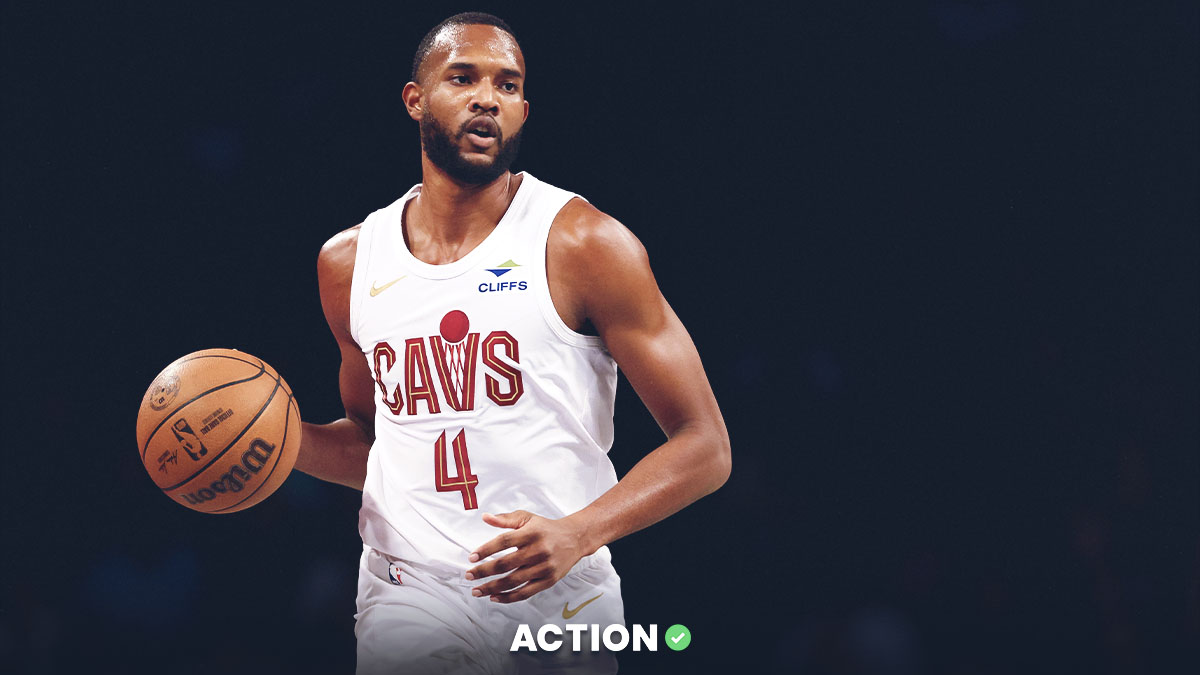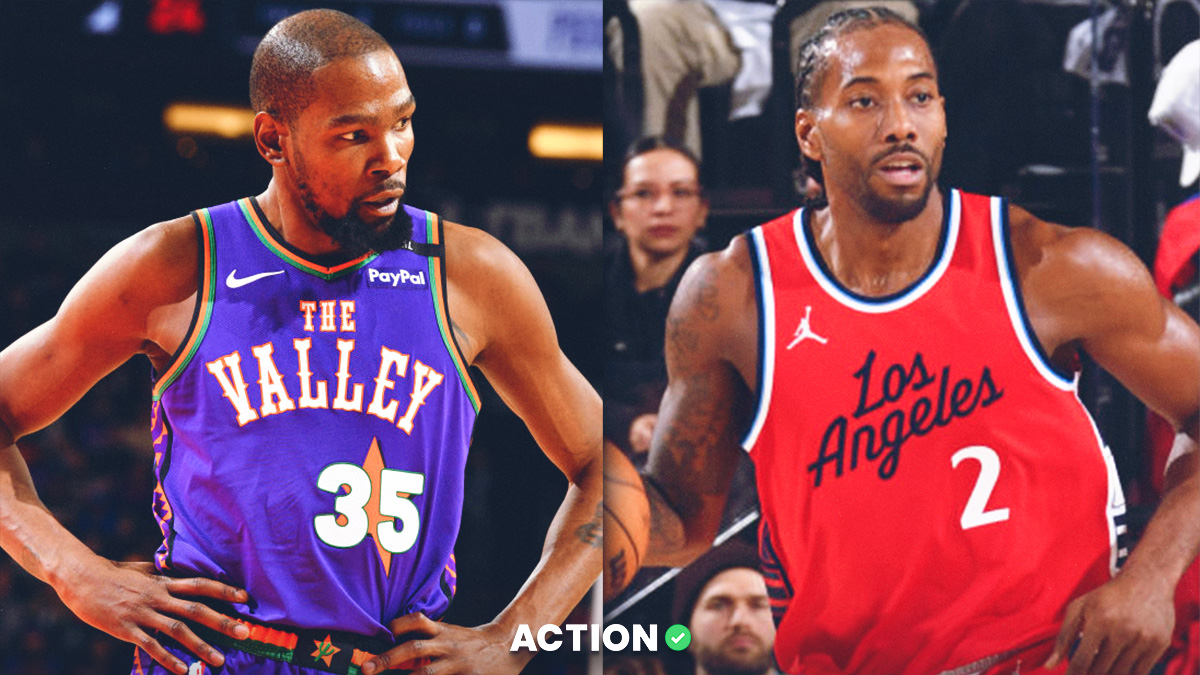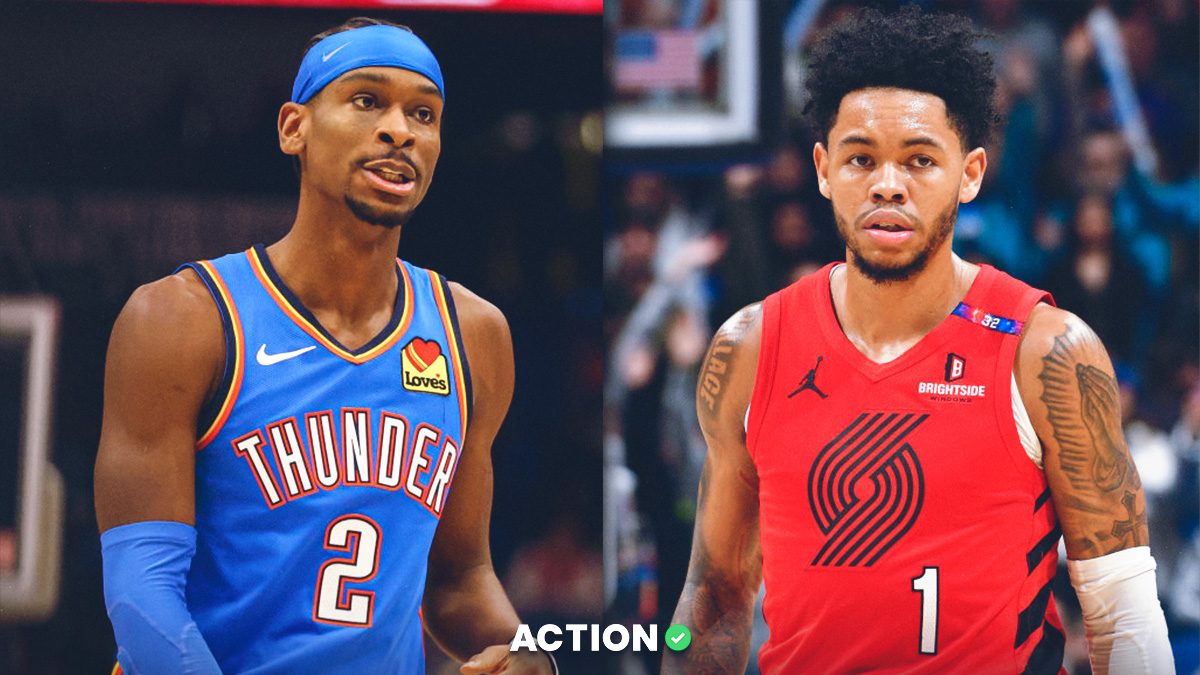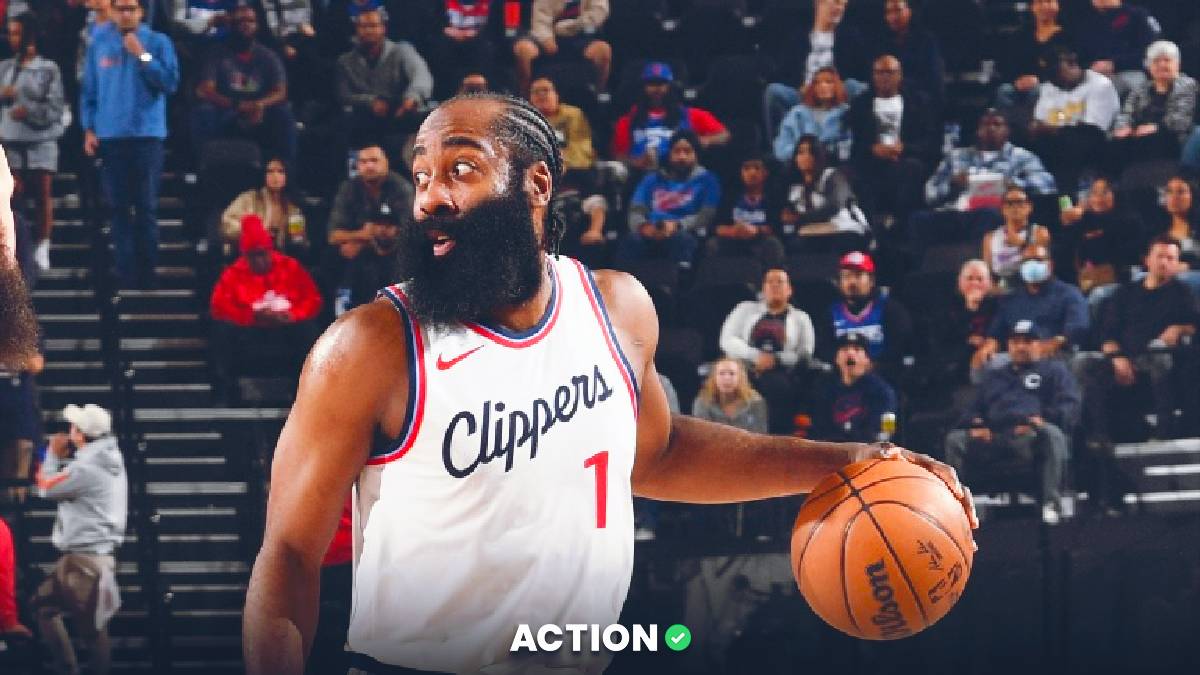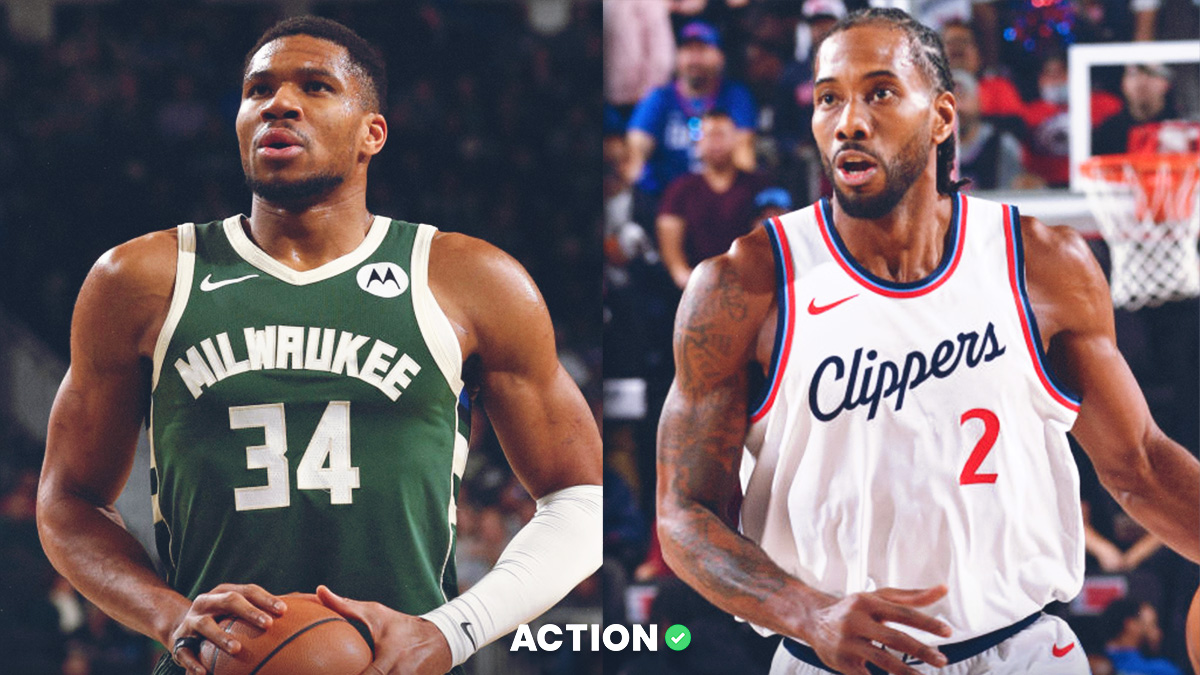The NBA is pursuing several radical league structure and scheduling changes, ESPN reported on Saturday. The proposed changes include a play-in tournament for the final two playoff spots in each conference, reseeding in the semifinal round regardless of conference and, most controversially (and excitingly), a mid-season NBA tournament.
Asked for their reaction to the news over the weekend, league executives all shared the same approximate response: "Well, it's the first I've heard about it, so can you explain it first?"
While the league has discussed the idea of a mid-season tournament for some time, it has not yet consulted with front offices on the details of such proposals. Many were caught off-guard that this was suddenly a public talking point.
There were two themes that stood out from NBA executives: cynicism towards the intent and a generally positive response to the idea if not the execution.
In terms of the latter, execs were receptive to the idea of a construct that allows teams to compete for more than just the NBA title. The league has long been reliant on the Finals to carry it in terms of momentum, ratings and revenue, and yet not only does just one team come out on top, but all other teams are considered failures.
"There's no reward for being a competitive franchise for a decade that could never break through due to whatever reason," was a common refrain.
The razor-thin line here is presenting more opportunities to win something of meaning vs. a very "participation-trophies" type line of criticism.
Skeptics have been out front with concerns that the tournament will come off as a gimmicky mess, with teams not taking it seriously. ESPN's Zach Lowe reported on the Woj Pod that some teams are skeptical that it will carry serious meaning.
However, execs I talked to held a different opinion. The tournament was largely regarded positively, with the tournament providing something to break up the monotony of the regular season.
As far as the players go, there was a surprising amount of confidence that the level of competition would be high — or at least higher than the regular season.
"You put guys in an actual competitive environment, single-elimination, and the best competitors in the world are going to compete," one exec said.
There was also a suggestion that while it will never be the playoffs, it would provide a middle ground between the playoffs and the regular season.
There was no confidence, however, that serious title contenders would field their full rosters. Kawhi Leonard is probably skipping this thing, in other words, and maybe that drives down the integrity of winning it.
However, several executives who have had good-but-not-great teams were receptive to it. If you're a mid-tier team that's unlikely to advance past the semifinals, this is a great event to 1) prove yourself and 2) garner some enthusiasm.
There's also the Cinderella aspect, and the biggest gain there has to do with market activation. Let me explain.
The Wizards are 25th in attendance. The Wolves are 30th. The Suns are 20th.
Let's say the Lakers and Clippers sit star players in the pool play for entrance to the eight-team tournament. The Suns beat the Kings and Warriors and manage to come out of pool play. The Wizards beat a mediocre division. The Wolves surprise and come out of the Northwest.
The Suns, Wizards and Wolves are not winning the NBA title. But any of those teams could absolutely win three games. The Wizards have the No. 2 offense in the NBA; they could just go on a blistering run like a hot-shooting NCAA team. The Suns are tough and sound.
Winning a tournament, even if the top teams aren't giving it their all, would still be more meaningful than snagging a seventh or eighth seed and getting swept in the playoffs.
And this all assumes the best teams don't compete in the tournament. What if the Lakers just decide they want to make a statement? Or the Bucks decide to use it as a playoff tuneup? Players often do want to play and will always prefer environments like this one to the normal "1-of-82" Tuesday night in Orlando.
And that's where this could really benefit the league.
THE ELEPHANT MADE OF CASH IN THE ROOM
You will hear a constant refrain about the best way to improve the regular season through limiting games. The proposals on the table do not address this, reducing the regular season to only 78 games from 82, meaning that it's possible for a team to wind up playing 83 games in a regular season and mid-season tournament combined.
However, several executives speculated (note the emphasis on that word) that the league would use the tournament to attract a new lucrative media deal, and after that slowly decline the regular season over time, targeting a number closer to 60 eventually.
In other words, the hope is that these changes, including the mid-season tournament and the play-in tournament, will recover some lost momentum from a sluggish regular season, the downfall of the Warriors and the China debacle last August.
As always, everything is about money.
That prompted the most cynicism from executives, who said that while the ideas seem good, the motivation seems questionable. Because the game feels like it's in such a good spot, there's a real confusion over the sudden urge to drastically change a time-proven formula.
The urgency is viewed as a reaction to a cacophony of factors, including cord-cutting, illegal streaming, a younger eSports-oriented demographic coming of age, a lack of regular-season player motivation (which one executive termed "an epidemic") and, above all else, the idea the league pushes against that every season only at most 5-6 teams' fans feel they have a real shot at an NBA title.
Of course… there's another upside to the tournament idea…
It would be a hell of a lot of fun to bet on.
NOVEMBER MADNESS? OR AT LEAST MILD MANIA?
I reached out to three different books to get their reaction to how they would speculatively book these tournaments, without any concrete details on the structure available.
Jeff Sherman at the Westgate Las Vegas likened it to the MLS in-season tournaments that routinely see star players missing, forcing a shortening of the title odds.
Kyle Wilson at Circa Sports echoed that the odds would be shorter with the single-elimination tournament, which means any top-level team that decided to compete seriously would hold value.
PointsBet provided this statement from their pricing team:
"Favorites would be longer, outsiders shorter and the general field closer together due to it being single elimination.
Player availability would have a significant impact on pricing, with the varying commitment of teams playing a key role. Much like in European soccer, veteran championship contenders with bigger long-term goals at stake might not be as incentivized to take the mid-season tournament as seriously – it's hard to imagine, for instance, the Clippers playing Kawhi Leonard heavy minutes in a mid-season tournament and potentially compromising their chances of winning a championship.
We would expect that the tournament, due to its unusual nature and the competing priority with the normal NBA season, would throw up oddities in matchup pricing."
The single-elimination tournament, combined with various degrees of commitment from teams, might actually create an even more unstable environment, sparking even further interest from bettors as they try and decipher not only if a team can get hot and overwhelm its opponent, but whether a coach's quotes indicate they plan on actually committing to winning it or not.
In other words: Both teams don't have to be going 100% full bore for this to be a fascinating betting opportunity.
Other notes from Action Network discussions on the changes:
- The play-in tournament was surprisingly met with much more antipathy than I expected. "Why should my guys bust their ass for 82 only to have some team that screwed around half the year topple us because we had a bad shooting night? A series means you can move past that."
- Notable to that point, Woj and Lowe reported that in the play-in tournament, the No. 7 seed would play the No. 8 seed in each conference, with the winner guaranteed a playoff spot and the loser playing the winner of 9-10, meaning that with a top-eight record you have to lose consecutive games to get bounced. That didn't assuage many concerns, however.
- Two executives stressed that most of this stems from the fallout of the cap spike in 2016 that gave way to the Warriors, creating an even more top-heavy system than the league has had historically while simultaneously suppressing the appeal of other stars and teams in lesser markets.
- Several executives also noted that while they're open to and actually kind of like the mid-season tournament idea, it definitely feels like something that was created by a marketing suite in Secaucus (NBA headquarters) than something generated by "actual basketball people."
- To that end, several executives bristled at the idea that just because the NBA has always been top-heavy (going back to the days of Lakers-Celtics), it makes it a superior system to one with true parity. Whether you can actually achieve that parity, however, is up for debate.


